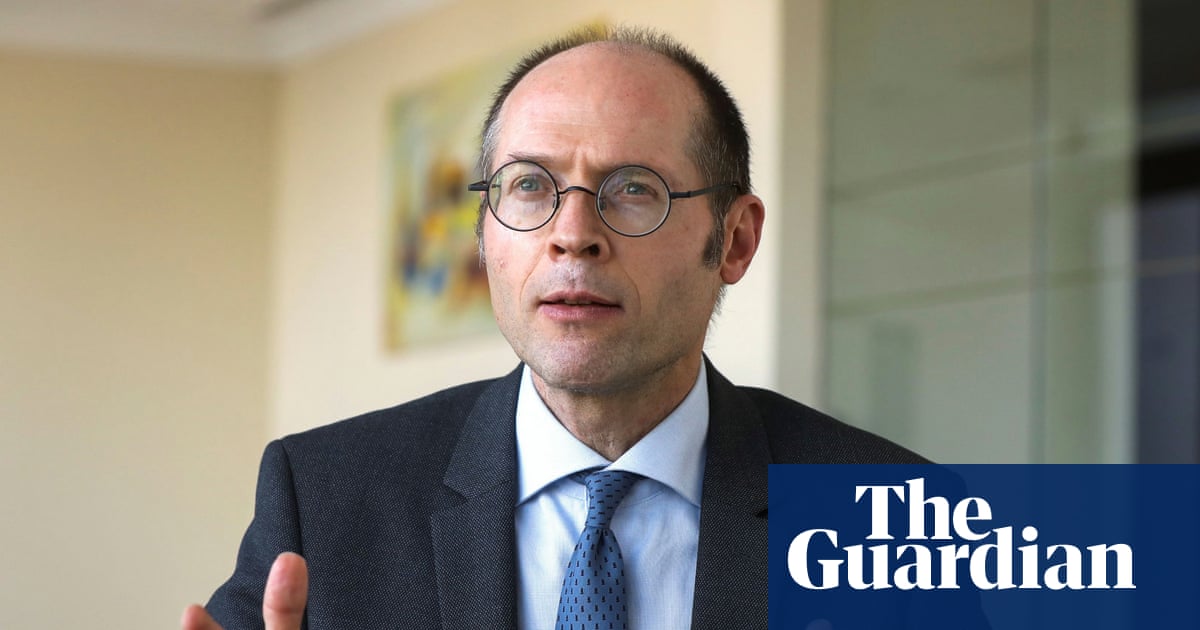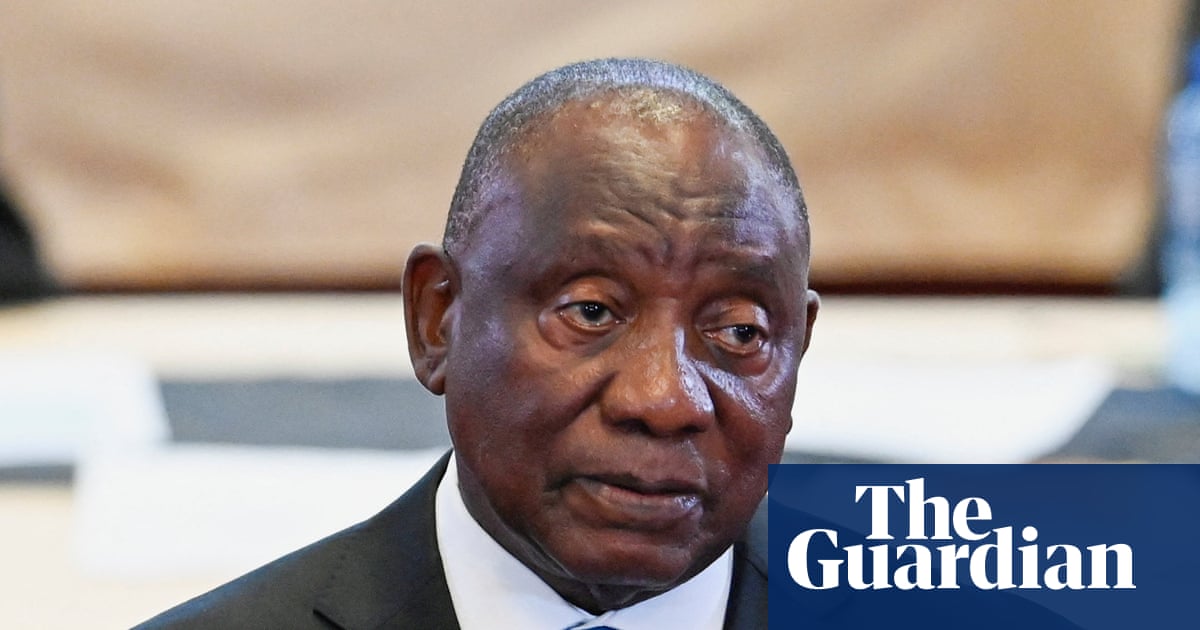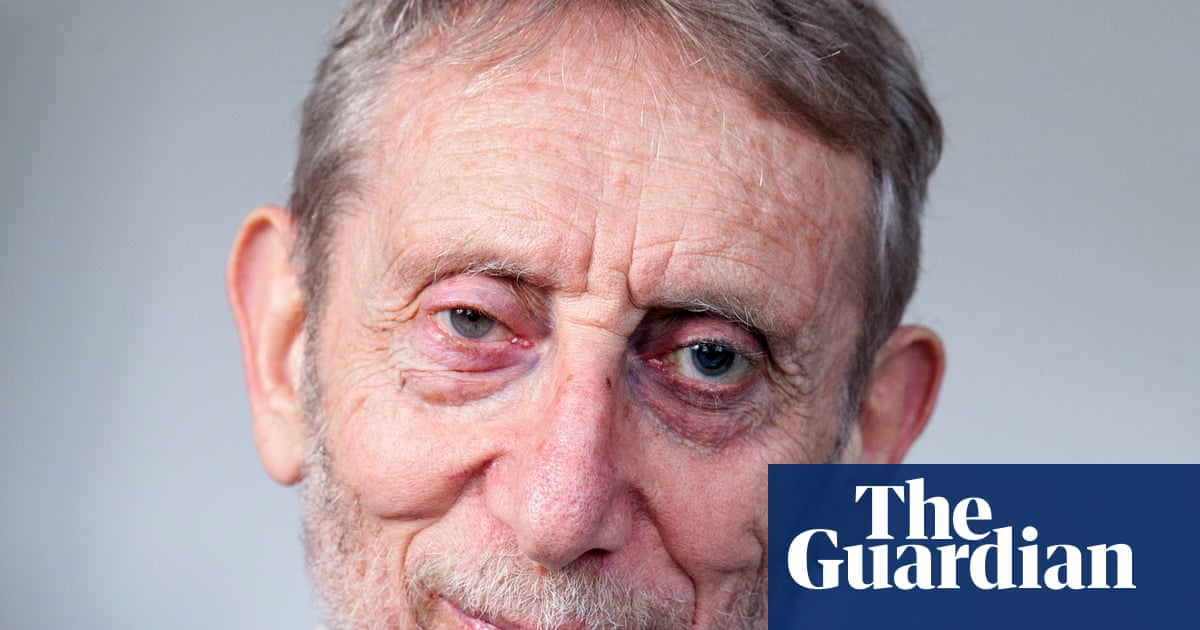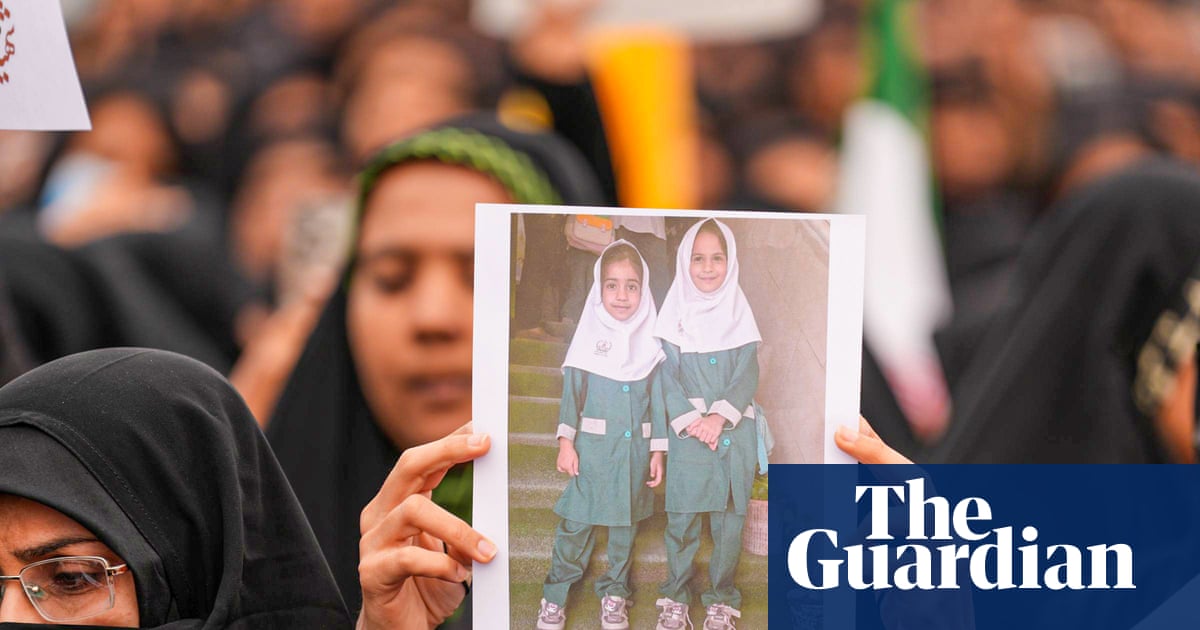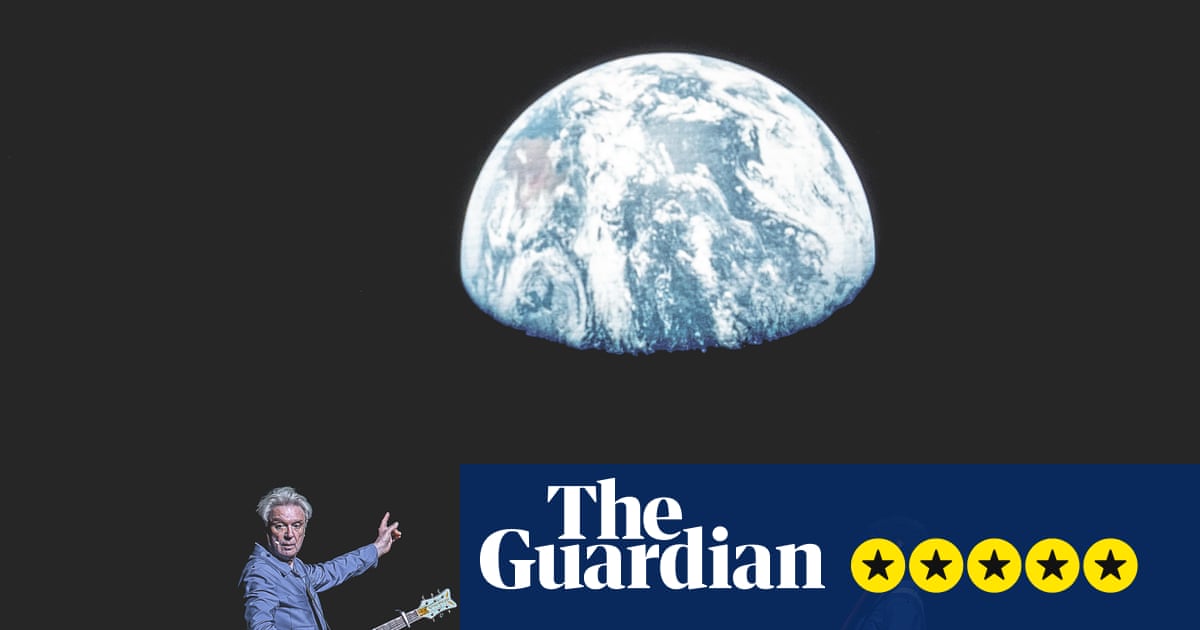A global youth revolt is shaking the foundations of political power. In just a few months, millions of young people have taken to the streets across continents – from Timor-Leste, Indonesia, Nepal, the Philippines, Kenya, Tanzania, Morocco, Madagascar, Peru and Paraguay – to denounce corruption and collapsing public systems. The spark is familiar: governments accused of looting public wealth while ordinary citizens face unemployment, rising costs, poverty and failing services. These digitally connected protest movements – leaderless, borderless and fast-moving – have toppled governments in Nepal, Peru and Madagascar. The anger is not abstract. It is directed squarely at political and economic elites who have turned public office into private estates. What they are confronting, often without naming it, is state capture – a form of corruption so deeply embedded that it shapes the rules of democracy itself.
Most people think corruption is about a politician taking bribes, or a public official pocketing cash for a favour. That’s the low-hanging fruit: petty or grand corruption, both corrosive but familiar. But there is a deeper, more dangerous form of rot – state capture. Not simply corruption of the system. It is corruption as the system.
Where ordinary corruption bends the rules, state capture rewrites them. It is the moment when oligarchs, corporations, criminal networks – or even foreign governments – turn the machinery of democracy into a mechanism for their own enrichment and power. In its grip, elections become hollow rituals, reforms are cosmetic and citizens find themselves living in states that look like democracies on paper but function like cartels. In Tanzania, for example, state capture is not just a political issue, its a generational crisis threatening the future of democratic participation.
The term state capture, popularised by World Bank analysts in the early 2000s to describe post-Soviet states, was meant to explain why some transitions to democracy produced oligarchies instead. In Russia, a handful of businessmen seized control of strategic industries during the 1990s, then fused themselves to the Kremlin under Vladimir Putin. The state became neither “free market” nor “socialist” – it became a patronage machine run by insiders.
South Africa is another textbook case. Under President Jacob Zuma, the Gupta family didn’t just influence contracts – they selected ministers, dictated procurement and were embedded in state-owned companies. Their influence was so pervasive that state capture became a household phrase in South Africa, shorthand for the auctioning of a democracy to private bidders.
Hungary showed state capture dressed in democratic clothing. Viktor Orbán’s Fidesz party has spent more than a decade dismantling judicial independence, redrawing electoral districts, and funnelling EU development money to cronies. It is all perfectly legal. But legality in such contexts is little more than the mask worn once corruption has rewritten the laws.
And then there are dynastic regimes such as Azerbaijan and Kazakhstan, where ruling families dominate oil and gas wealth, laundering billions through offshore schemes such as the so-called “Azerbaijani Laundromat”. Here, capture is not a scandal – it is the operating model of the state.
What all these cases share is corrosion of democratic promise. Captured states stop being arbiters of the public good and become guarantors of elite privilege. Policy serves patronage, courts rubber-stamp impunity, and parliaments legislate inequality. Citizens are left with elections that change faces but not systems.
The result is widespread apathy, disillusionment and a fertile breeding ground for authoritarian strongmen who claim they alone can “fix” the mess. State capture deepens inequality, siphons resources from development, and strangles innovation. It creates kleptocracies that can look stable for years but collapse suddenly under the weight of public anger, as seen in Sri Lanka’s 2022 uprising.
State capture is usually thought of domestically, but in our interconnected world, capture often crosses borders. It happens when one nation’s political system is so saturated by the lobbying, donor networks, or ideological agendas of another that its sovereignty is compromised. It is visible in the west’s current relationship with Israel.
In Washington, the American Israel public affairs committee (Aipac) has spent decades ensuring bipartisan obedience to Israeli interests. The US gives more than $3.8bn (£2.9bn) in annual military aid, blocks UN resolutions condemning illegal actions, and passes legislation – such as state-level anti-boycott, divestment and sanctions (BDS) laws – that critics allege were drafted by lobbyists themselves. Politicians who dissent, such as Democratic representative Ilhan Omar, are swiftly targeted by heavily funded campaigns to silence or unseat them.
When foreign powers or domestic oligarchs can dictate laws, rewrite constitutions, and lock entire political systems into their orbit, sovereignty becomes a slogan, not a reality. The US is perhaps the clearest example, where Congress genuflects to Aipac’s demands.
Germany, haunted by holocaust guilt, combines moral obligation with lobbying pressure to maintain support for Israel, even as public opinion has turned. Across Europe, aid and arms cooperation entrench policies that shield the government of Israel from accountability.
Arguably, Britain is no less compromised. The UK continues to brush aside rulings from the international court of justice and defy the UN. This is not diplomacy. It is complicity, dressed up as pragmatism. And unless citizens, journalists and institutions confront it head-on, democracy risks becoming little more than theatre – a performance staged for the people while power operates elsewhere.
Beyond Europe, Israel deploys a more transactional form of influence. In Africa, agricultural aid, water technology, arms training and intelligence cooperation is exchanged for diplomatic backing at the UN. In the broader Caribbean, votes at the UN often align with Washington’s position. India, under Narendra Modi, has become one of Israel’s largest arms customers, reframing its historic support for Palestine towards a more pro-Israeli government stance, including abstentions or silence on critical UN resolutions. This shift has sparked domestic criticism from opposition parties and civil society, especially during recent Gaza escalations.
This is not “classical” state capture but state capture 2.0. But it has the same effect: bending laws, institutions and policies to align with a foreign power’s interests, often at odds with public opinion and humanitarian concern.
Here lies the uncomfortable truth: democracies are not immune to capture. In fact, they may be uniquely vulnerable. Open lobbying systems, costly elections, and donor-driven politics create fertile ground for powerful interest groups to hardwire foreign policy.
When anti-BDS laws criminalise dissent, when critics of government policies are smeared into silence, when politicians from left and right alike fall over themselves to prove loyalty to a foreign agenda – what else should we call it, if not capture?
And this raises deeper questions: at what point does lobbying cross into domination? Should foreign aid or trade access be tied to political allegiance? Can freedom of expression survive if accusations of bigotry are weaponised to shut down legitimate critique of state policies or protesting activist groups are proscribed as terrorists?
Escaping state capture – domestic or transnational – requires more than transparency reforms or ethics codes. Those are sticking plasters on a cancer. Real change demands independent judiciaries, fearless investigative journalism, and a civil society prepared to fight entrenched power. As evidenced by youth movements across Africa and Asia, meaningful change can sometimes necessitate extraordinary measures: widespread protest or the involvement of the international community.
Recent global protests hint at the potential for grassroots movements to challenge entrenched narratives. They are reminders that democratic renewal rarely comes from the top – it is forced from below, by citizens, youths and students – those who refuse to accept that their governments are bought and sold.
State capture is the most dangerous mutation of corruption: corruption that governs, corruption that legislates, corruption that silences. It is the enemy not just of clean government but of democracy itself.

 3 months ago
90
3 months ago
90

